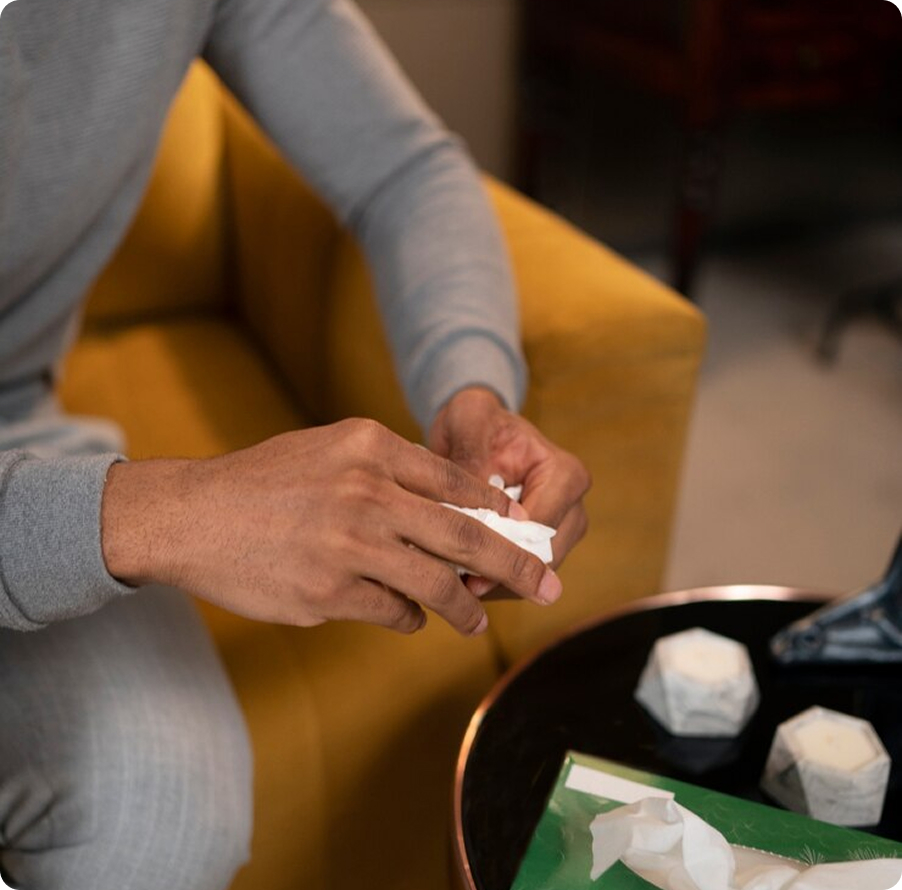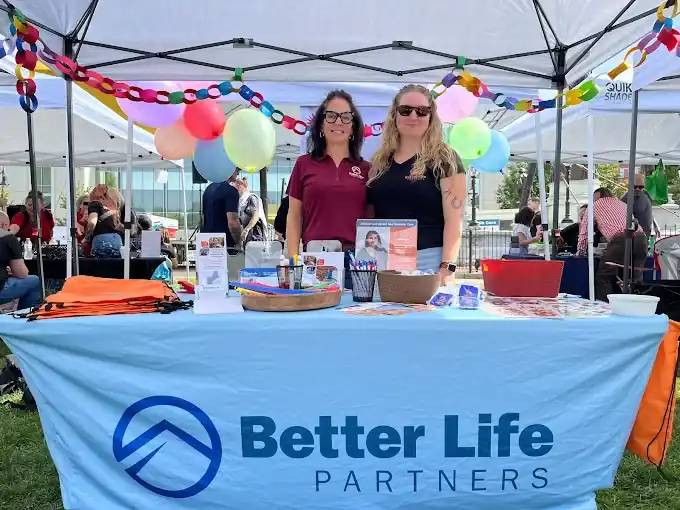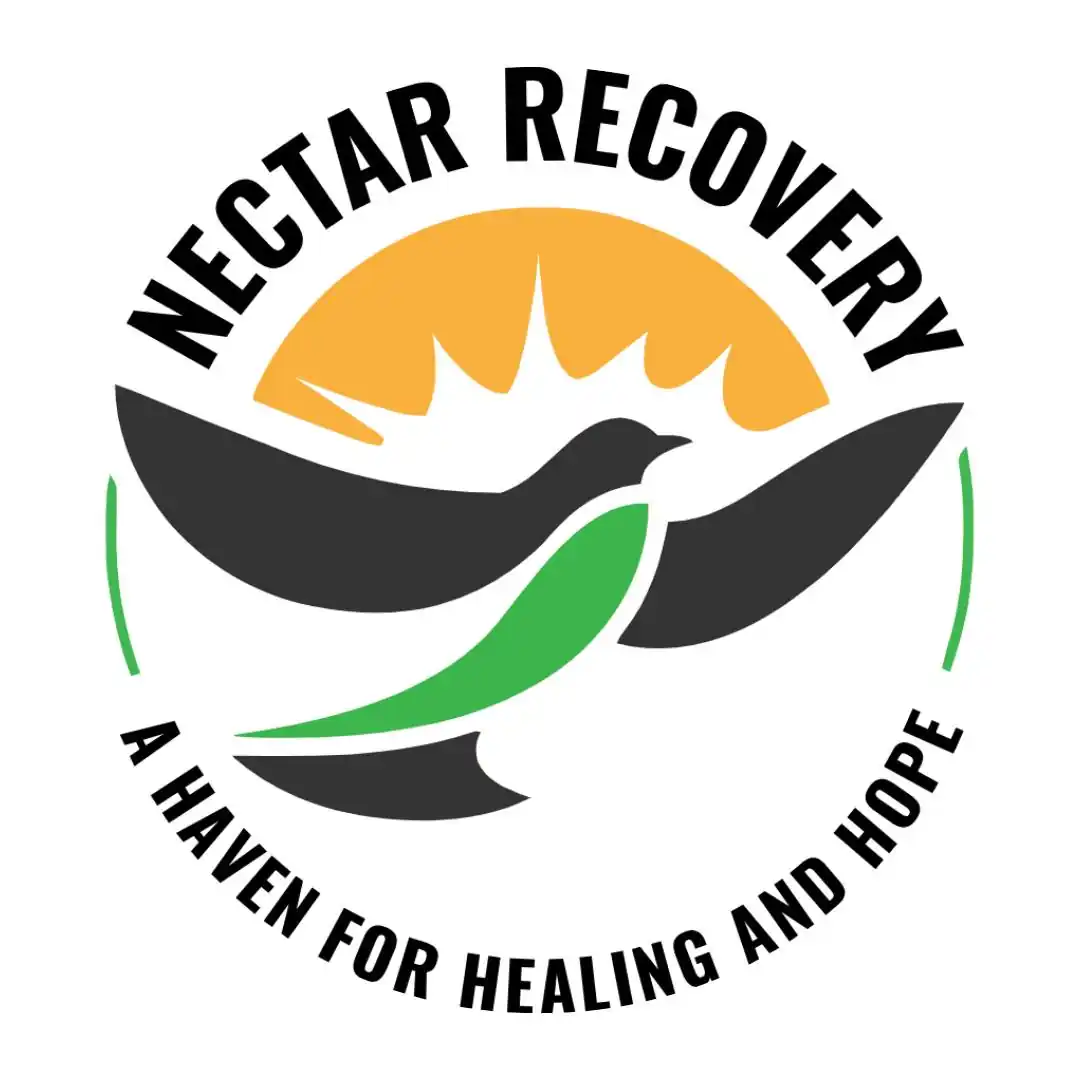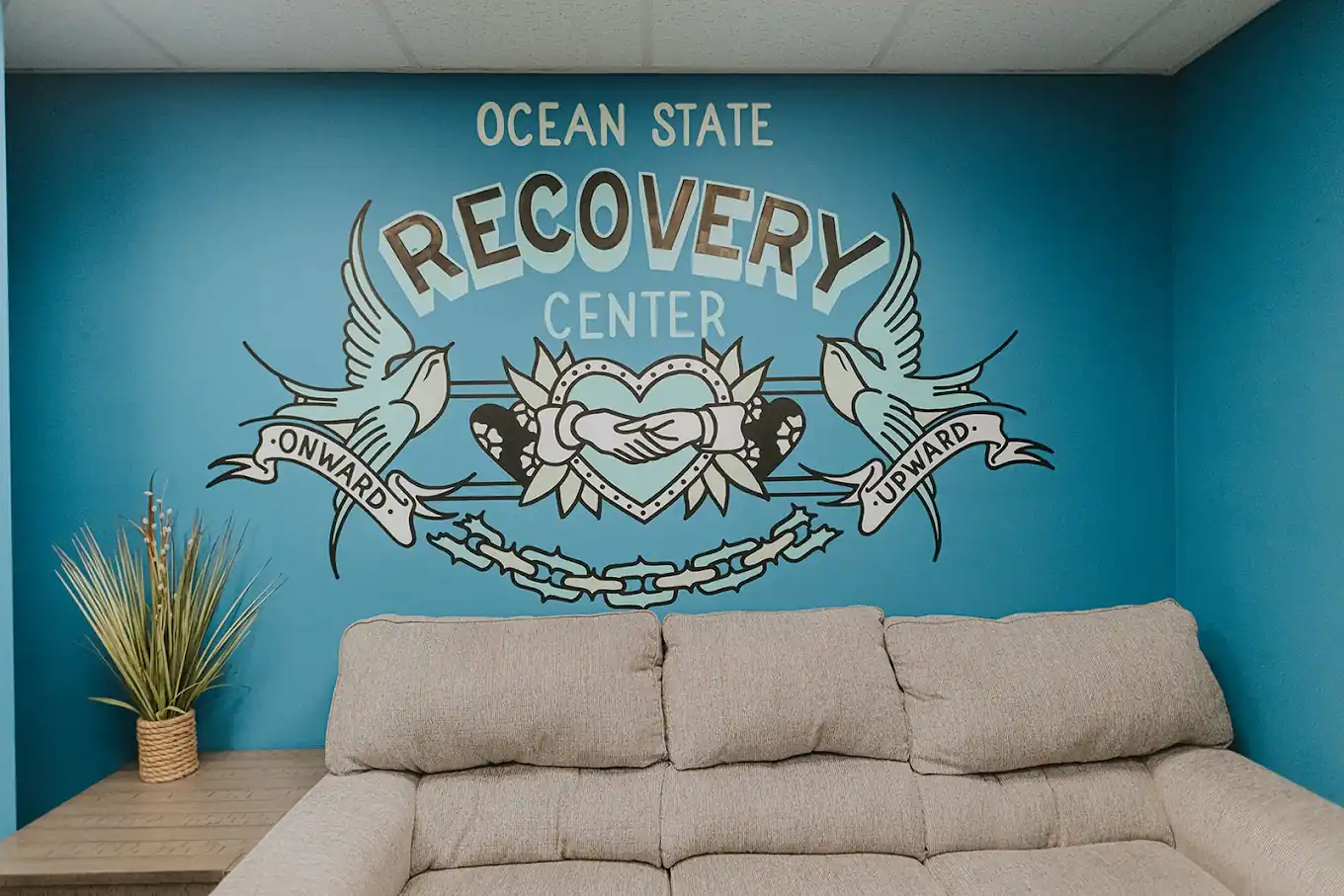Stimulants Addiction Recovery Support
It may feel powerful at first, but stimulant addiction eventually takes more than it gives. You’re not alone.
At TruPaths, we understand that stimulant use often begins as a way to feel more focused, confident, or energized. For some, it starts with prescriptions like Adderall or Ritalin. For others, it’s substances like cocaine or methamphetamine that promise a quick boost. But over time, these drugs can lead to exhaustion, burnout, emotional instability, and a serious loss of control.
Whether you’re here for yourself or someone you love, this page is here to help you understand stimulant addiction with compassion and guide you toward recovery options that offer real, lasting healing.











“At first, I felt unstoppable. Then I couldn’t stop even when I wanted to.”
— TruPaths Community Member